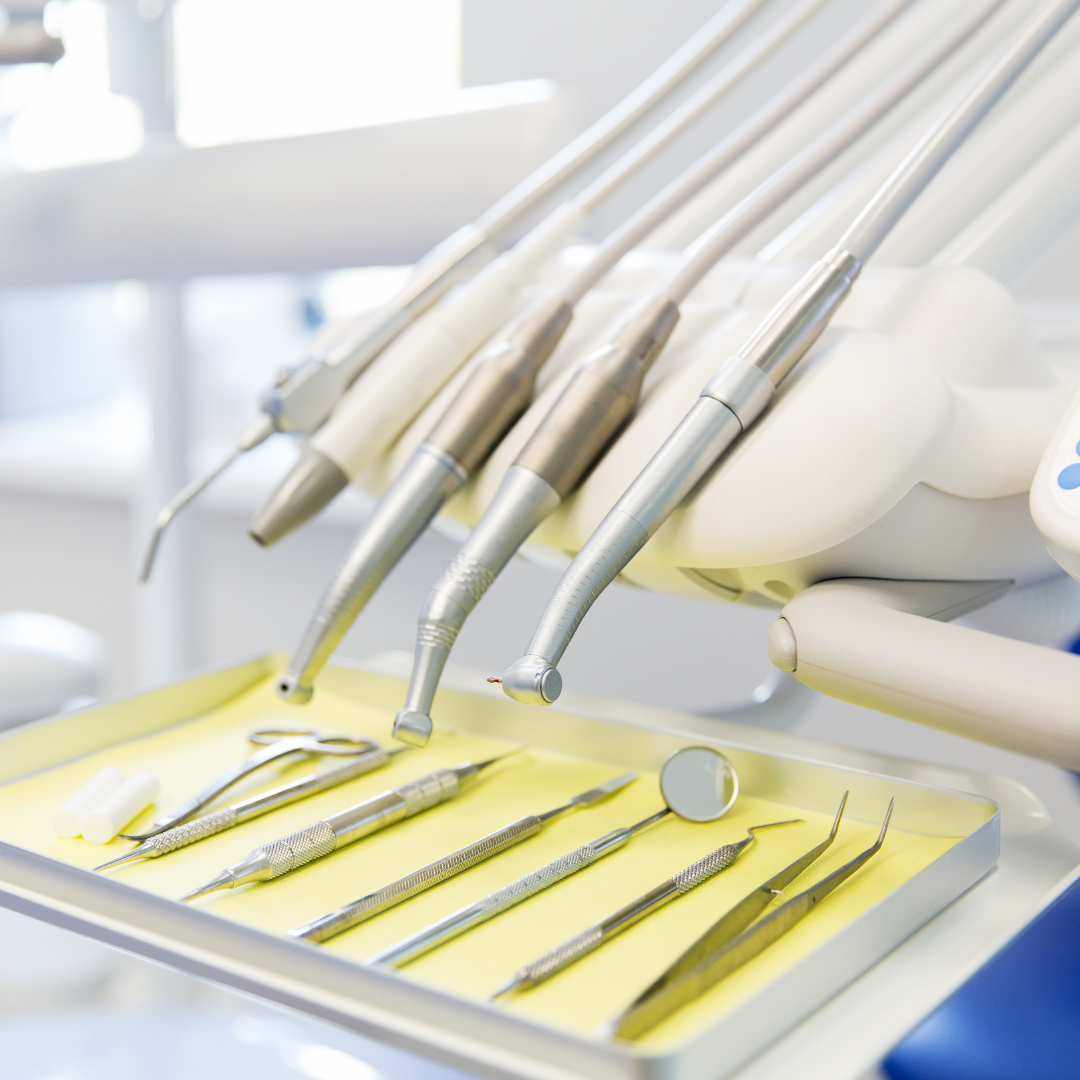Safe water to drink, bathe, cook and wash our clothing in is something most of us take for granted. Using clean water in your dental practice can be taken for granted as well!
Water safety is an important consideration for dental offices as dental units, due to the small diameter of waterlines, is a perfect environment to grow biofilm. It is important dental offices ensure proper treatment for biofilm and verify the effectiveness of your treatment protocol through periodic water testing. These steps is essential to minimize your chances of causing your patients Healthcare Associated Infections (HAI); it is good for liability control.
First you must determine what kind of water system you have. An open system (no water bottle) is directly connected to the municipal water source. If this is the case, you cannot use the water during treatment until the advisory is cancelled and the lines are thoroughly flushed (see instructions below).
A closed system uses a removable water bottle that attaches to the dental unit. These bottles are typically filled with distilled or bottled water. You can proceed as normal using a closed system as long as the water is not coming from a municipal water source.
The following CDC guidelines need to be used when a boil-water advisory is in effect:
- Water from the municipal water source should not be delivered to patients through the dental unit, ultrasonic scaler or other dental equipment that uses the municipal water system.
- Patients should be rinsed with bottled or distilled water only.
- Dental healthcare professionals should use antimicrobial products for hand hygiene. If hands are visibly contaminated, soap and bottled water should be used.
What to do when the advisory is cancelled:
- All water lines should be flushed for at least 30 minutes to clear them of contaminates. This includes faucets and all dental lines as well.
- Dental unit waterlines should then be disinfected accordingly with the manufacturer’s instructions.
- Sadly many procedures cannot be performed during a water-boil advisory due to the poor water quality and will need to be rescheduled until the water is safe to use.
All in all, it’s unfortunate when our water supply is contaminated. It’s an inconvenience for both the practice and the patient. However, to achieve optimal oral health we all must follow these guidelines and keep everyone safe.
Make today your greatest ever!
If you need a resource to test your water check out ProEdge (ProEdgeDental.com/Toothcop). Tell 'em the Toothcop sent you!
Dental Compliance Specialists helps make dental offices safer for patients, dentists and their employees. We help our clients develop and maintain their compliance programs including OSHA/Infection Control, HIPAA, DEA regulations and prescribing practices, Radiation Safety, OIG/Medicaid Compliance, Record Auditing, and more by providing actionable systems, easy-to-use tools, robust training, and accountability. Most of our clients have never been in trouble and want to keep it that way. Sometimes, though, dentists call when they are in trouble. In either case, we are there to make a meaningful difference. If you need help call us at 817-755-0035.


